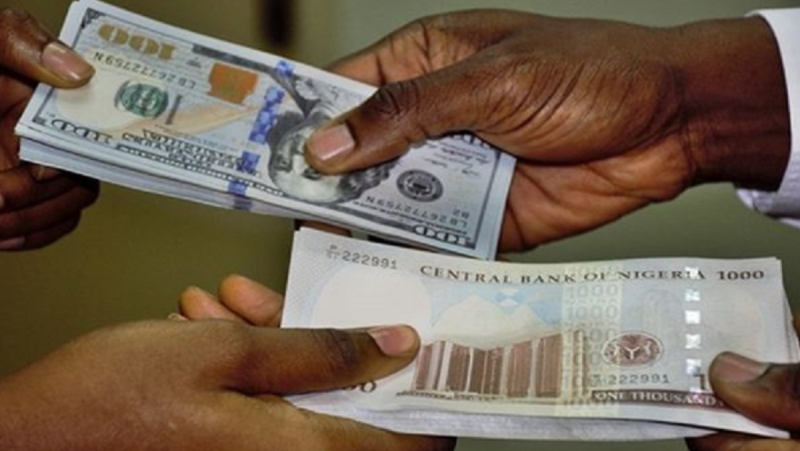
Charge investors to leverage opportunities in reforms
Investment bankers are optimistic naira would rally to between N550 and N600 to a dollar later in the year as the reform in the foreign exchange market crystalises and foreign capital flows into the economy.
They also forecast aggressive growth in the country’s foreign reserves, saying they could hit $60 billion in the year.
Hence, they charged investors to take advantage of the reform and position in the investment market ahead of the influx of foreign investors.
At AFRINVEST West Africa Limited’s mid-year investment parley held in Lagos, the Group Managing Director, Afrinvest West Africa, Ike Chioke, spoke on the opportunities provided by the naira and energy reforms to investors and how they could be explored for optimum returns on investment.
Speaking on the theme, ‘The Turning Point: Positioning for Optimal Return’, he called on investors to position themselves for the opportunities in the economy, which have been magnified by ongoing reforms.
Chioke said signals seen in both domestic and global economies showed that the country’s economy was at a turning point for greatness.
“We have seen global inflation rates dropping alarmingly over the last six or seven months. We’ve seen that the rate-tightening by global central banks has come to a point where they are pulling back.
“They have achieved the objective of reining in inflation. For Nigeria, the new government and ongoing forex reforms also have implications,” he said.
He said the removal of the petrol subsidy was expected to provide fiscal savings of N2 trillion in 2023, adding that this, together with earnings from improved oil exports and non-oil sources, would increase revenue.
According to him, although the naira has been devalued significantly by about 40 per cent, it has great benefits, including government making huge savings of around N2 trillion, just from the subsidy removal.
He, however, kicked against spending the savings on palliatives, saying: “A palliative is not a permanent solution.”
Chioke added that the forex reforms by the Central Bank of Nigeria have raised hope for sustainable economic development.
He said the spike in forex rate at the parallel market would be short-lived as foreign investors pump dollars into the economy.
He said the bigger picture was that more foreign direct investments would find their way into the economy.
On his part, the Managing Director of Afrinvest Consulting, Abiodun Keripe, said the reforms in the forex market had opened the possibility of Nigeria growing its foreign reserves to $60 billion by year-end.
He said achieving the target would require increased oil production, a boost in diaspora remittances and sustenance of tax and oil subsidy reforms.
Keripe said implementing the reforms would also strengthen the naira from its current value to around N550/N600/$ by year-end.
“No policy can artificially fix the rate without further worsening the delicate condition. In fact, the incentives to substantially push the exchange rate lower are quite minimal for revenue mobilisation,” he said.
He explained that more interesting to investors was also the impact of forex unification on the reduction in government deficit by about N350 billion.
“Inflation is likely to touch 24 per cent before decelerating in the fourth quarter on the back of the base effect and weakened demand pressure. Hence, monetary policy would tread cautiously by maintaining the status quo.
“We expect a more market-responsive FX rate, which will boost investors’ confidence and enhance trade and capital flows. However, the path to FX stability would be somewhat rocky. The FX rate is expected to stay above N700 in the near to medium term,” he projected.
Also speaking, Managing Director/Chief Business Officer, Optimus by Afrinvest, Ayodeji Eboh, said the reforms represented a turning point because, with Nigeria’s new government, there were going to be short-term pains, which would ease as time progresses.
He, however, said savings from subsidy should be tied to specific projects that add value to the people.
He called for investment in infrastructure and in boosting policies that promote ease of doing business.

